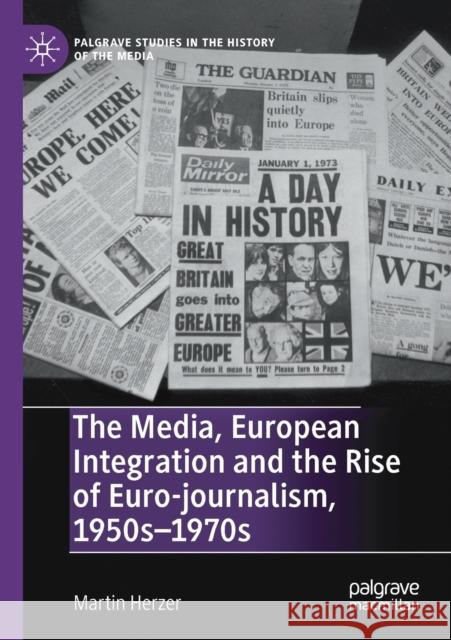The Media, European Integration and the Rise of Euro-Journalism, 1950s-1970s » książka
topmenu
The Media, European Integration and the Rise of Euro-Journalism, 1950s-1970s
ISBN-13: 9783030287801 / Angielski / Miękka / 2021 / 357 str.
The Media, European Integration and the Rise of Euro-Journalism, 1950s-1970s
ISBN-13: 9783030287801 / Angielski / Miękka / 2021 / 357 str.
cena 342,14
(netto: 325,85 VAT: 5%)
Najniższa cena z 30 dni: 327,68
(netto: 325,85 VAT: 5%)
Najniższa cena z 30 dni: 327,68
Termin realizacji zamówienia:
ok. 22 dni roboczych
Dostawa w 2026 r.
ok. 22 dni roboczych
Dostawa w 2026 r.
Darmowa dostawa!
Kategorie BISAC:
Wydawca:
Palgrave MacMillan
Seria wydawnicza:
Język:
Angielski
ISBN-13:
9783030287801
Rok wydania:
2021
Wydanie:
2019
Numer serii:
000395922
Ilość stron:
357
Waga:
0.48 kg
Wymiary:
21.01 x 14.81 x 2.11
Oprawa:
Miękka
Wolumenów:
01
Dodatkowe informacje:
Wydanie ilustrowane











